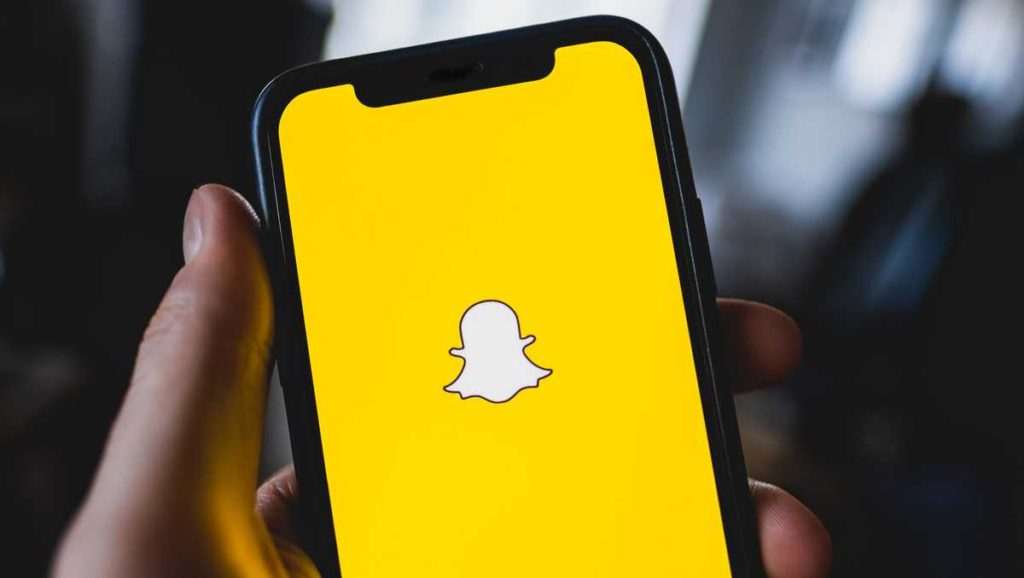|
Getting your Trinity Audio player ready...
|
Snapchat users were left puzzled and alarmed on Tuesday night as the platform’s AI chatbot, known as My AI, posted an unexpected live update to its profile and stopped responding to user messages. The AI chatbot, powered by the popular AI tool ChatGPT, typically engages in conversations, answers questions, and offers recommendations to users. However, the recent occurrence of the chatbot posting a live Story—a short video of what appeared to be a wall—raised eyebrows, as this functionality is usually reserved for human users’ content.
The incident prompted a wave of reactions on social media, with concerned users expressing their unease. One user wrote, “Why does My AI have a video of the wall and ceiling in their house as their story? This is very weird and honestly unsettling.” Another user humorously remarked, “Even a robot ain’t got time for me,” after the AI chatbot ignored their messages.
Snapchat swiftly responded to these concerns, clarifying that the anomaly was a glitch. A spokesperson for the company informed CNN that the issue had been resolved, stating, “My AI experienced a temporary outage that’s now resolved.”
However, this incident has brought into focus the apprehensions many people harbor about the potential risks associated with artificial intelligence. Launched in April, Snapchat’s My AI has encountered criticism from parents and users alike due to privacy concerns, eerie interactions, and the inability to remove the feature from chat feeds without a premium subscription.
Unlike other AI tools, Snapchat’s iteration introduces unique features that allow users to customize the chatbot’s name, design a personalized Bitmoji avatar, and integrate it into conversations with friends. This design approach aims to create a less transactional and more personalized interaction compared to using ChatGPT’s standalone website, blurring the distinction between human and AI conversational partners.
While some users may find value in Snapchat’s AI chatbot, the mixed reactions underline the challenges companies face when introducing new generative AI technology, especially in products that cater to younger demographics, such as Snapchat. Snapchat was an early partner with OpenAI when access to ChatGPT was extended to third-party businesses, and more such collaborations are expected to follow suit.



